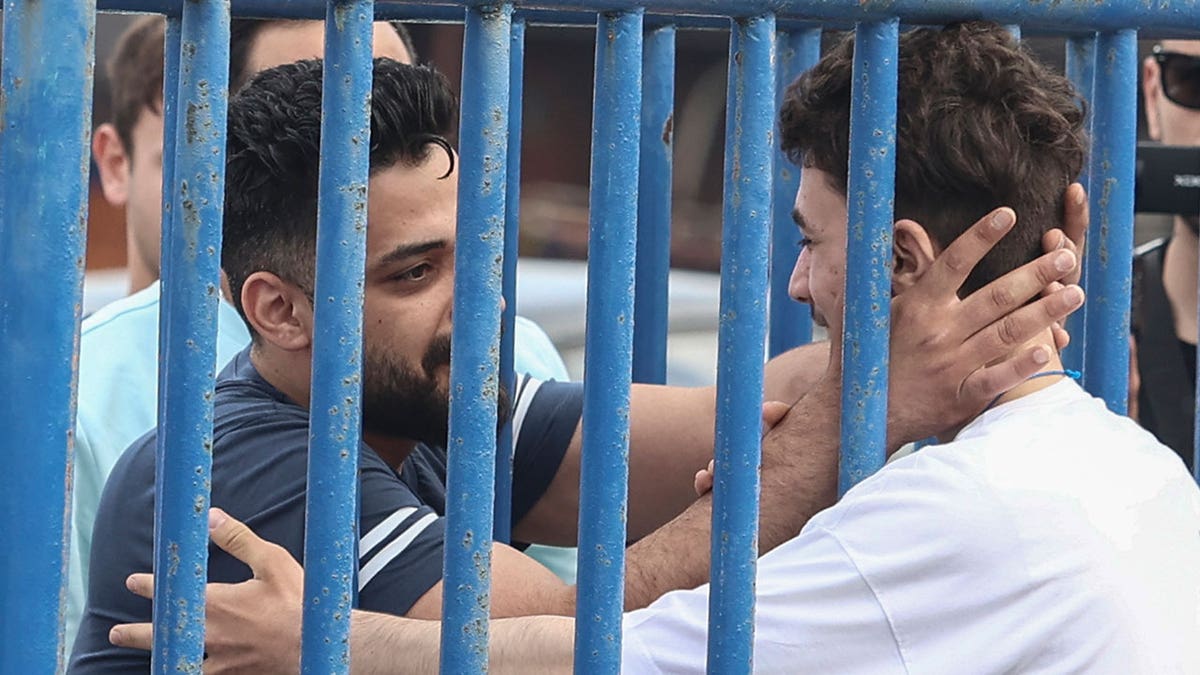A devastating migrant shipwreck off the coast of Greece has intensified scrutiny of the European Union's approach to migration and asylum. With potentially hundreds lost, this incident ranks among the deadliest maritime tragedies in the Mediterranean. As the search operation extends beyond the standard 72 hours, the Greek coast guard defends its actions amidst mounting criticism.
The overcrowded fishing vessel, en route from Libya to Italy, capsized and sank early Wednesday. While 104 survivors were rescued and 78 bodies recovered, the International Organization for Migration estimates as many as 500 may have perished. This grim tally draws comparisons to the 2015 disaster off Libya, where approximately 800 lives were lost.
The scale of this tragedy has placed immense pressure on both Greece and the EU. International organizations, including the UN and Amnesty International, call for urgent action and emphasize the imperative of timely search and rescue operations. They stress the Greek government's responsibility towards the passengers and highlight the preventable nature of the catastrophe.

A poignant image captures the reunion of two Syrian brothers at the port of Kalamata, a stark reminder of the human cost of this tragedy. Pope Francis, recently discharged from hospital, expressed profound sorrow and urged European governments to enhance protections for those seeking a better life. UN Secretary-General Antonio Guterres directly addressed the issue, stating that this is a European problem requiring a unified and effective migration policy.
While the EU claims to be nearing an agreement on migrant responsibility sharing, Greece and other southern EU nations have tightened border controls in recent years. The Greek coast guard maintains that assistance was offered to the ill-fated vessel but declined. An investigation into the sinking is underway, with preliminary findings suggesting a power loss followed by panic may have led to the capsizing.
The disaster has also fueled political tensions in Greece ahead of the upcoming elections. Protests in Athens turned violent, resulting in arrests. Opposition leader Alexis Tsipras, along with human rights groups, questioned the coast guard's decision not to tow the vessel to safety. Survivors are being transferred to migrant shelters near Athens, while nine individuals have been arrested on charges of people smuggling. The identification process for the victims has begun, a somber task underscoring the immense loss.
Comments(0)
Top Comments